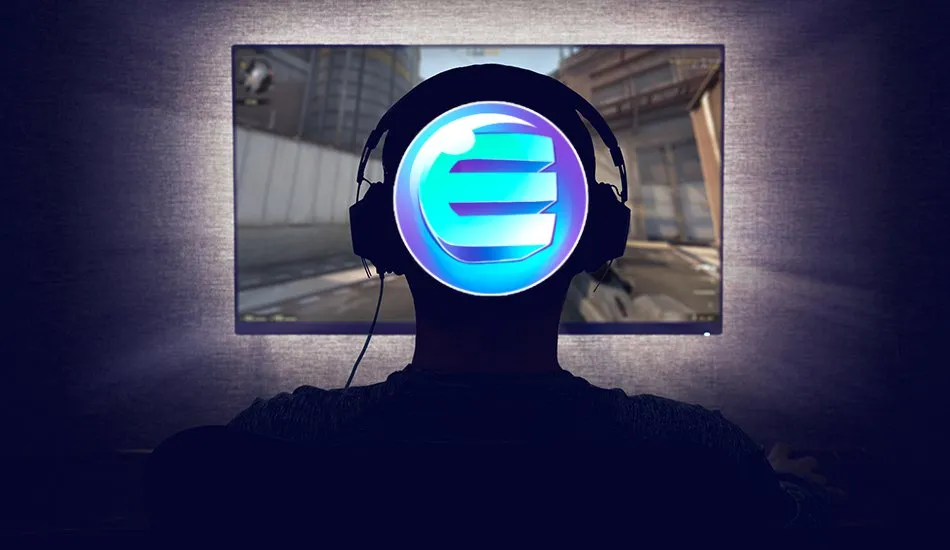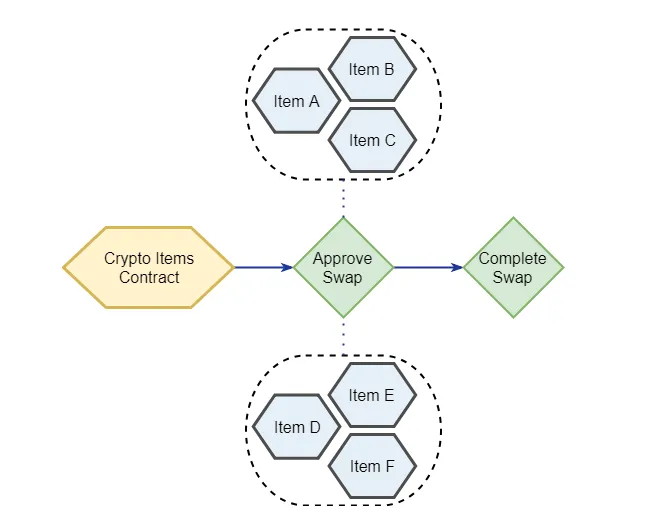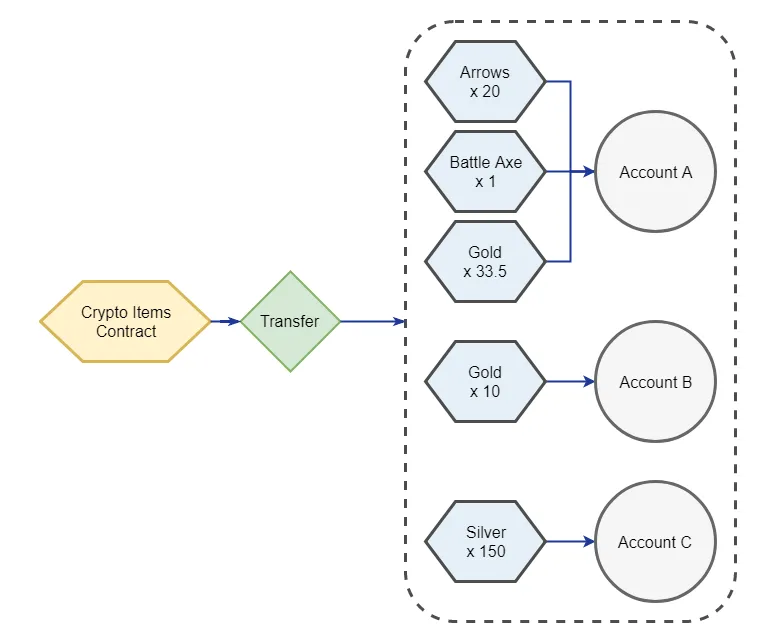ERC-1155 brings a new level of efficiency and potential to any application that needs to work with tens, hundreds or thousands of tokens, and removes barriers imposed by existing token designs.

To Start, everything was taken from Bitcoin Magazine & Enjin's medium Blog website. Read the link to The Daily Crypto Disclaimer. Do your own Research.
Witek Radomski — co-founder and CTO of Enjin Coin — has developed ERC-1155, a new standard for defining video game tokens on the Ethereum blockchain.
“The non-fungible tokens being used today have defined a new class of user-owned virtual items,” he explained. “However, there are many problems with the existing token model. It is very expensive and inefficient to deploy large databases of items that mainstream game developers use.” Quote from Bitcoin magazine
Radomski explains in a blog post that the new ERC-1155 protocol allows for an infinite number of both fungible and non-fungible items to be deployed through a single contract. It is also lightweight and easy for most networks to handle.
“If this does take off, the gaming industry alone will require tens of millions of new items — but the application of this standard is by no means limited to the games market,” he commented. “ERC-1155 tokens could be used to certify all forms of ownership, tangible or digital.”
ERC-1155 could alleviate wait times between swaps by grouping multiple items together, so several trades could potentially occur at once and cut down the once four-step process to two steps. This would also reduce both congestion and gas costs on the Ethereum blockchain.
The superior design of ERC-1155 Crypto Items allows for a swap of any amount of tokens in only 2 simple steps:

In ERC-1155, you can send any number of items to one or multiple recipients in a single transaction. This reduces gas and congestion on the Ethereum transaction pool (and saves you money!)

The transfer, approve, melt, and trade functions all take arrays as parameters, which let you perform between 100–200 such operations in a single transaction.
To transfer a single item, just supply each array with a single element. To transfer two items, use two elements, and so on.
ERC-1155 Crypto Items improve on this by combining the benefits of both ERC20 and ERC-721. You may create thousands of different types of items for your game, and depending on the use case, each unit may have a unique index or be fully fungible with the others.
These NFTs may still be treated as a group within the contract, so they retain a sort of fungibility. You’ll be able to know that your token is a “Machine Gun” and also that it’s of the unique serial number “1234”.
Trades and multi-transfers, like we discussed above, can now be done with a mixture of Fungible tokens and Non-Fungible tokens, making this an immensely powerful upgrade compared to existing token standards.
Since the smart contract is simply a store of data and behaviors, anyone building an ERC-1155 contract can allow the public to create their own tokens using it, if they wish.
This is how our official Enjin implementation works — anyone can ask the contract for a new token to be created, and it’s immediately available to use and distribute by the creator. You can even use a graphical user interface to design and launch any kind of token.
Removing these barriers for all kinds of creative people opens interesting use-cases in gaming, peer-to-peer content creation, and beyond.
I openly welcome all suggestions on the ERC-1155 Github thread.
Blockchain
Ethereum
Token
Gaming
Bitcoin
Sources: Bitcoin Magazine and Enjin Medium